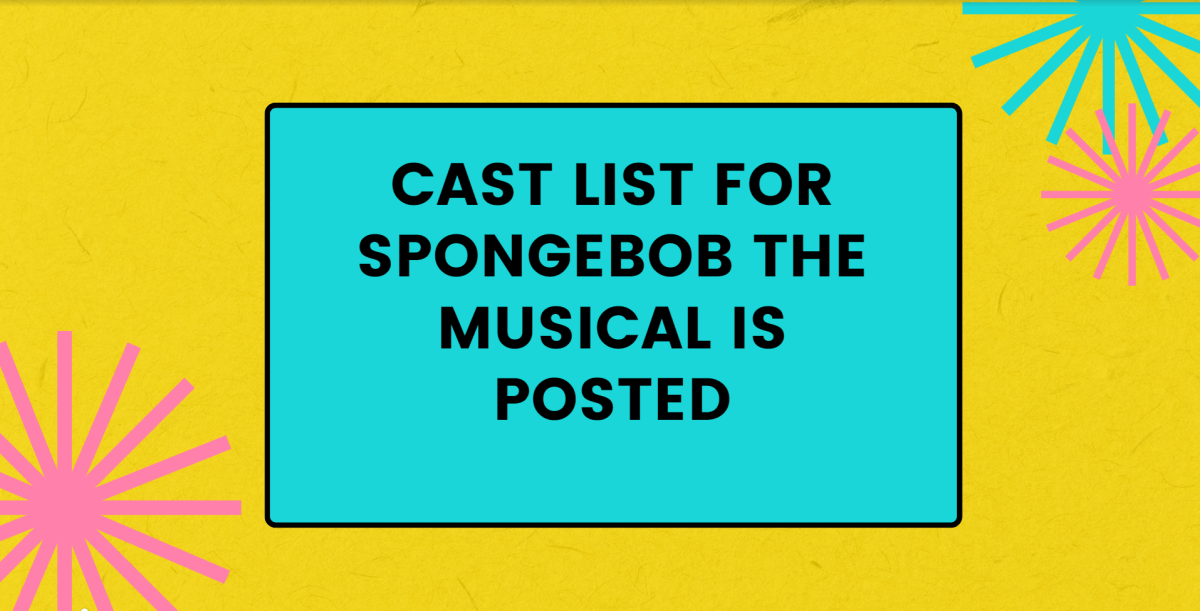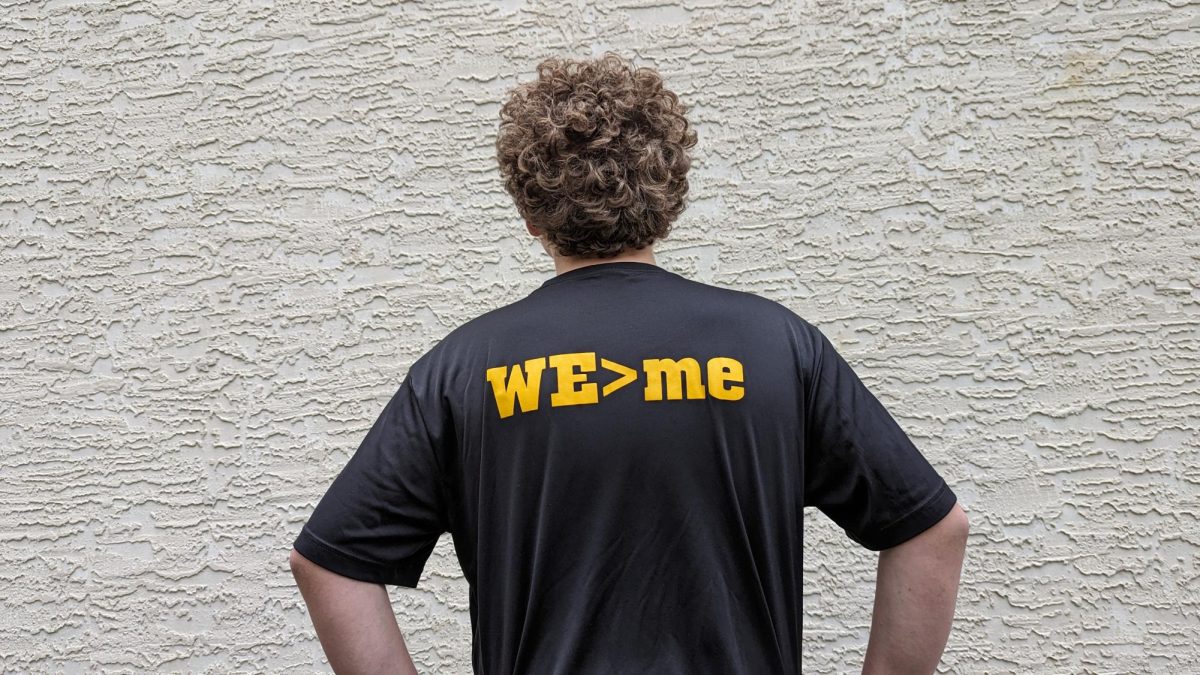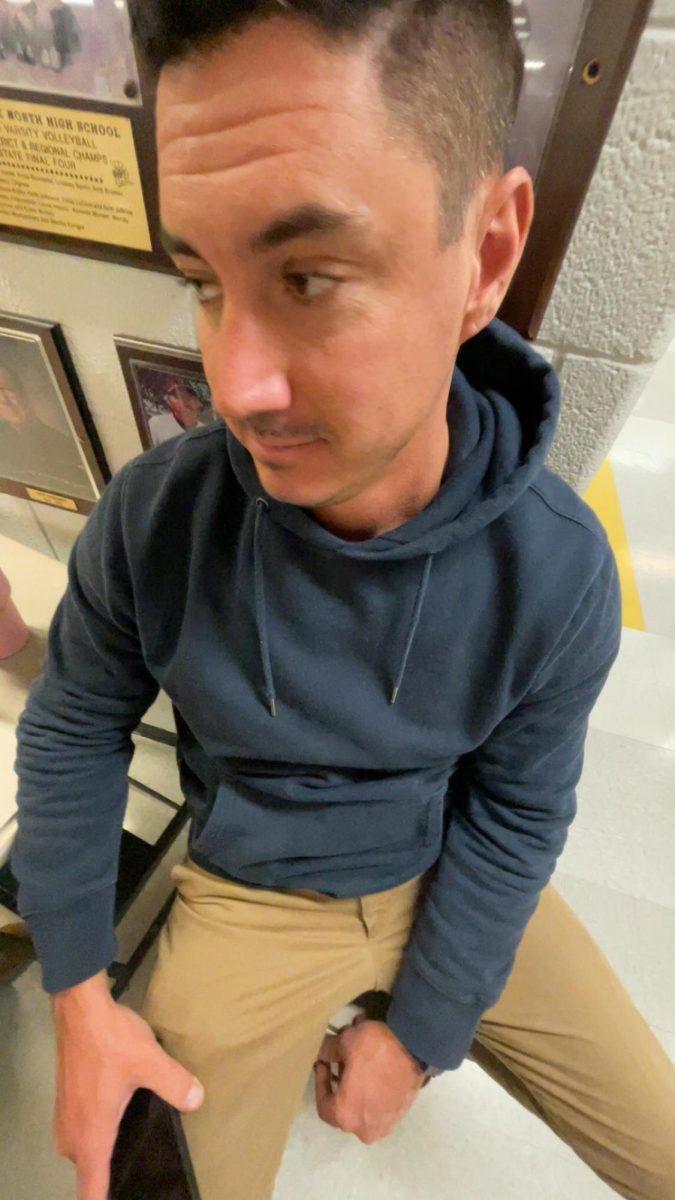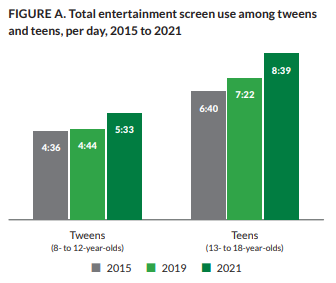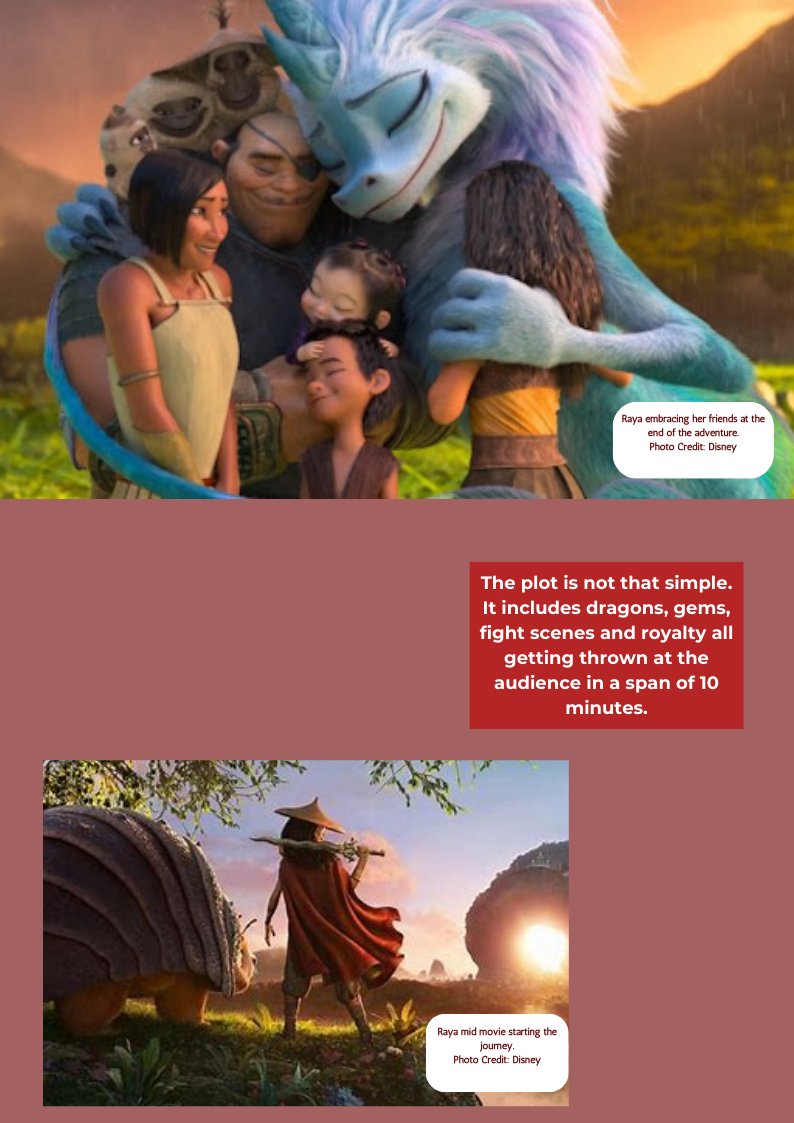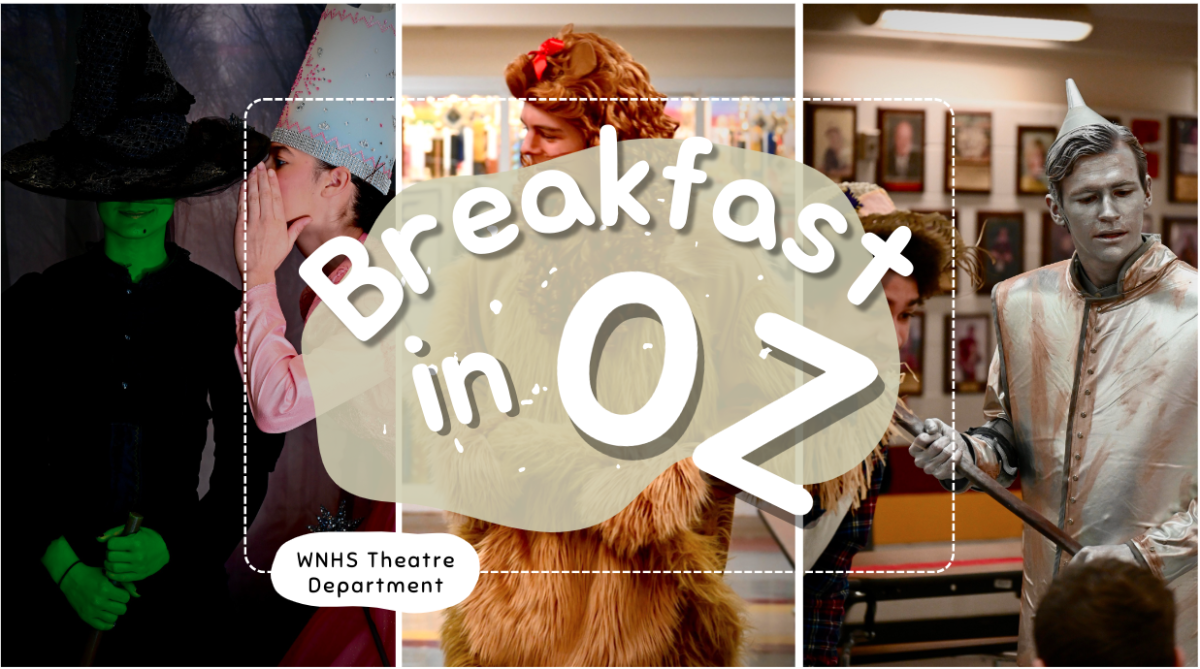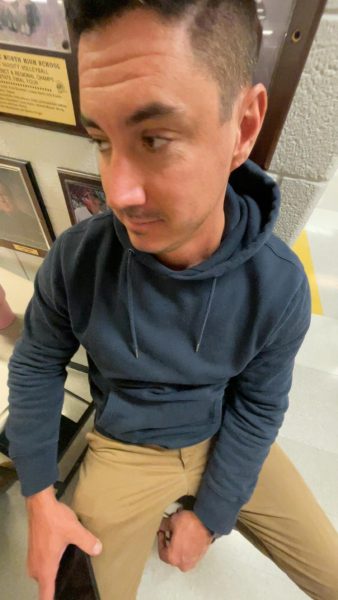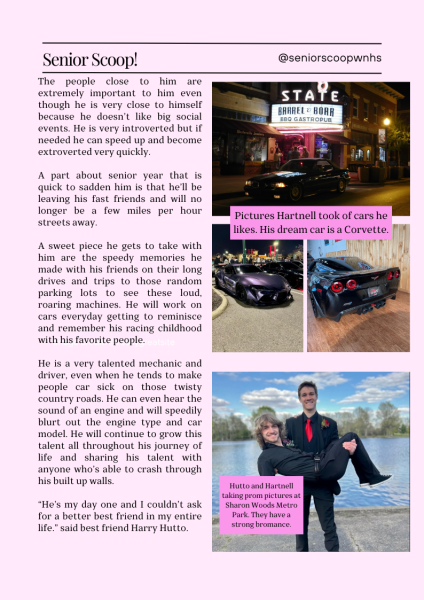New Albany Foundation brings Michael Phelps to talk swimming, mental health – Community Update
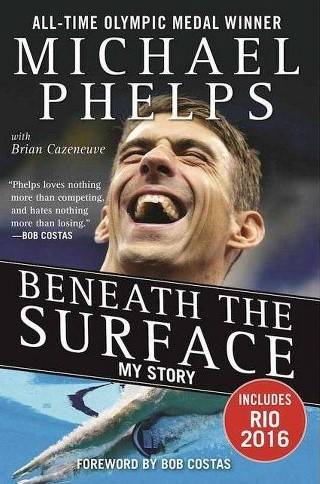
Phelps’ book details his successes and his struggles. Source: newalbanyfoundation.org
March 24, 2021
Oftentimes, it’s easy to forget how human Olympic athletes really are. In most cases, athletes of that caliber maintain an expert record and even better image. What happens when they finally show the world who they really are? Widely known Olympic swimmer Michael Phelps shared his story with the New Albany Foundation. Phelps began by explaining how he got into swimming. He confirmed that he got into swimming by watching his family fall in love with the sport first. Little did he know he would become the star he is.
On Tuesday, March 9, students sat in on an exclusive interview with professional swimmer Michael Phelps; the most decorated Olympic athlete of all time. Phelps spoke of his time in and outside of the pool, explaining how physically and emotionally demanding swimming was as a young adult. He reflected on his mental state throughout each Olympic games, specifically emphasizing how much he was struggling during the 2012 London Summer Olympics. Shortly after he competed in 2012, he entered a forty-five day treatment program that he said “turned his life around.”
After explaining how fast paced his swimming career was, he went into detail about what life was like after his successful career. Phelps claims that after going into retirement is when he noticed his life going into a “downward spiral” Phelps said. Phelps mentioned that he was in rehab for about 45 days. He also shocked his audience by mentioning how having children during this time was like. When asked about how he handled his family life and his mental health at the same time, Phelps explains that his family, especially his wife, were his biggest supporters. Phelps talked about his experience with therapy and talked about how much he enjoyed it and how beneficial it can be. He followed up by saying his wife goes to therapy too and that he even started a foundation: The Michael Phelps Foundation.
Phelps is now an advocate for mental health awareness and has started this foundation on the basis of providing resources for others who may be struggling, as well as supporting OnOurSleeves.org, a mental health education and advocacy group from Nationwide Children’s Hospital right here in Ohio. Although the true advice Phelps gave during the interview was minimal, he urges teens to seek professional help and talk to family and friends about their struggles. Phelps regularly attends therapy and says that although it may be scary at first, it is worth it to always have someone in your corner who you can talk to. Phelps hopes that one day we will live in a world where mental health is treated just as importantly as physical health, especially in the athletic world.
After explaining how fast paced his swimming career was, he went into detail about what life was like after his successful career. Phelps claims that after going into retirement is when he noticed his life going into a “downward spiral” Phelps said. Phelps mentioned that he was in rehab for about 45 days. He also shocked his audience by mentioning how having children during this time was like. When asked about how he handled his family life and his mental health at the same time, Phelps explains that his family, especially his wife, were his biggest supporters. Phelps talked about his experience with therapy and talked about how much he enjoyed it and how beneficial it can be. He followed up by saying his wife goes to therapy too.
Michael Phelps’s appearance at the New Albany convention was less than what I expected. He didn’t talk much about the mental health aspect of his life; it was more just a career summary. For example Phelps talked about his journey to his eight medals at the 2008 Olympics, but he didn’t really share in depth of the mental struggles he faced.
I would have liked to hear more in depth of what he struggled with so it could be more relatable to more viewers rather than just saying he struggled with mental illness. Phelps didn’t really go into much detail about how he dealt with his problems at the time. Phelps only said how he dealt with them now in the COVID pandemic. The only true advice he gave was to get help and talk to someone. I think it would’ve been better if he mentioned how he kept his mental health attainable and healthy after he went to a treatment center, keeping himself happy and not back in a slump like he was.





